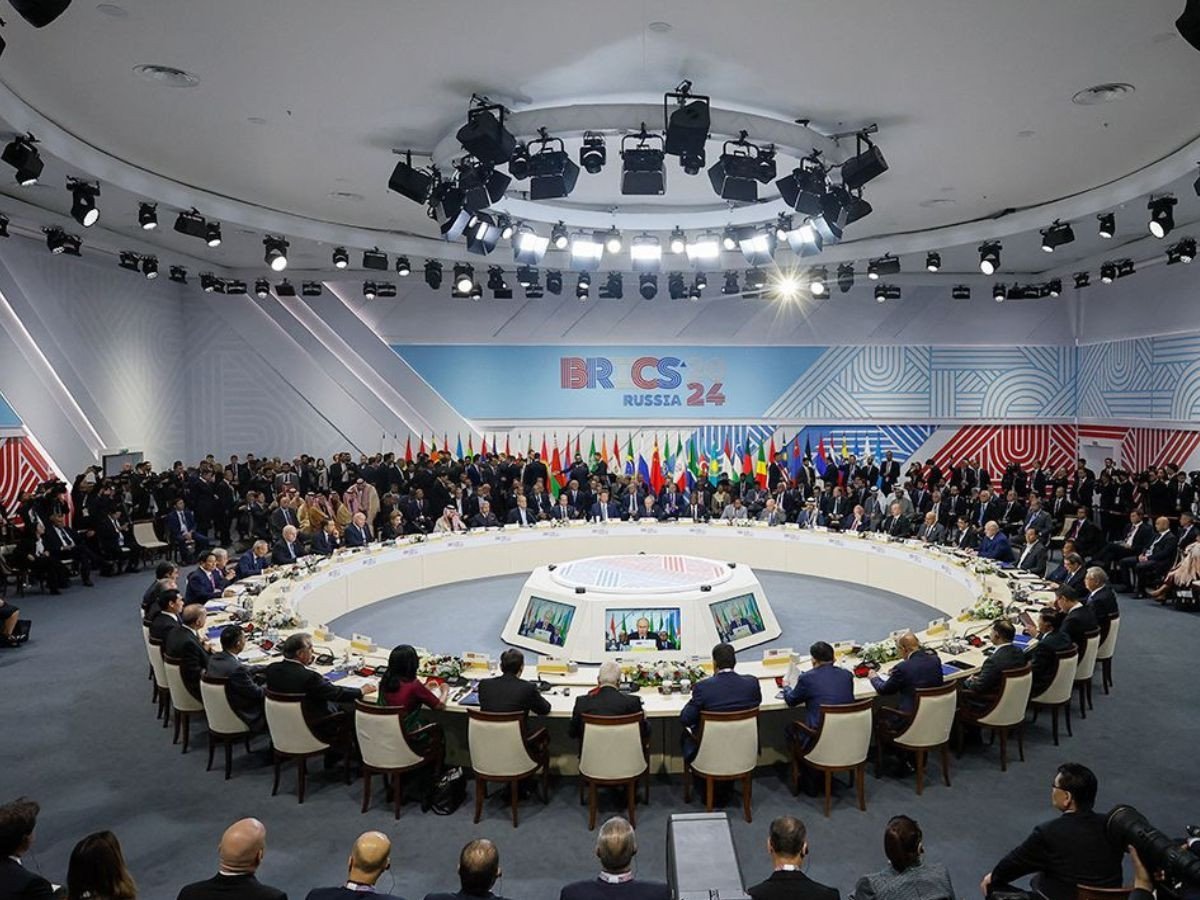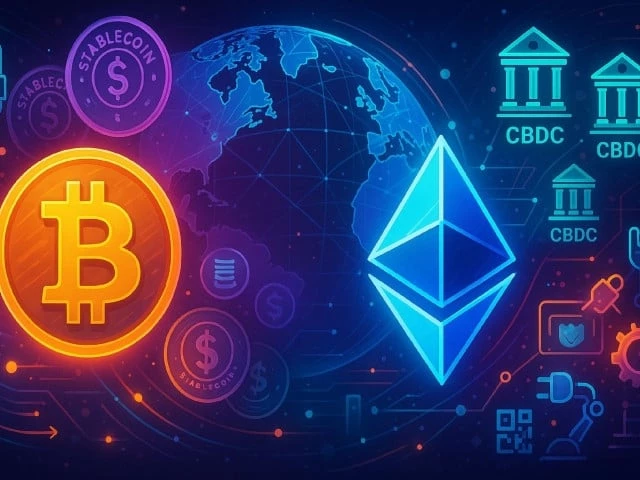BRICS: Reimagining Global Power Dynamics
In a world increasingly overshadowed by trade wars and political tensions, the BRICS alliance—comprising Brazil, Russia, India, China, and South Africa—has emerged as a significant player on the global stage. With growing frustration over traditional power dynamics, these nations gathered to highlight their commitment to multilateralism and a new multipolar reality. The message was clear: the Global South is no longer waiting for the crumbs of Western policies.
During their recent summit, Brazilian President Luiz Inácio Lula da Silva directly criticized US actions, emphasizing the need for mutual respect among nations. The bloc discussed issues from Palestine’s struggle for self-determination to the urgent need for climate financing, calling for a radical shift in how international governance operates. This isn’t just about trade and tariffs; it’s about redefining power relations to favor emerging economies that have long been sidelined.
A particularly striking element of the discussions was the condemnation of unilateral tariffs imposed by the US. The BRICS leaders denounced these measures as obstacles to global trade and pledged to promote local currencies for cross-border transactions. This is a game-changer, potentially reducing dependency on traditional financial systems like SWIFT, which have often favored Western countries.
Climate change was another urgent topic, especially with Brazil preparing for the upcoming COP30 conference. The bloc emphasized that environmental policy must integrate social welfare and justice, calling out wealthier nations for their inadequate climate financing commitments. As countries of the Global South face dire climate impacts, the demand for more robust support is not just reasonable; it’s imperative.
Critically, the summit drew attention to the financial systems that often disadvantage poorer nations. Countries in the Global South are grappling with unsustainable debt levels, drained by policies from institutions like the IMF and World Bank. Advocates for debt justice are pushing back against these punitive systems, highlighting how they divert funding from essential services to pay creditors.
While the BRICS alliance has received varying opinions from the West, it’s become clear that this coalition is strengthening. With increased collaboration and financial autonomy, the bloc aims to redefine their roles in the global economy.
As BRICS prepares to expand its influence, there are lessons to be learned for businesses and individuals alike. Understanding these shifts can open up new avenues for collaboration and growth. If you’re interested in staying updated on these global developments, consider connecting with insights from Pro21st. It’s all about fostering a community that thrives on mutual growth and knowledge.





